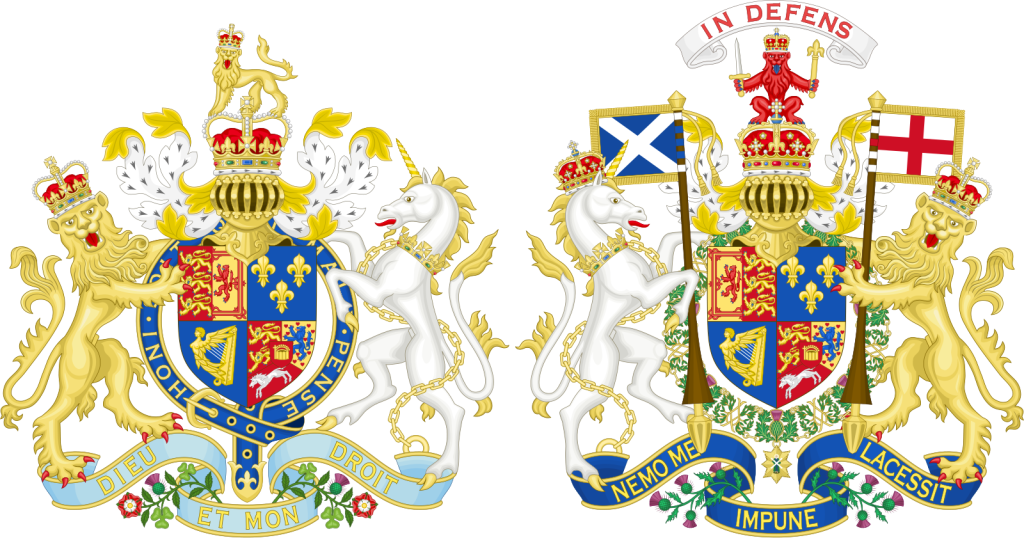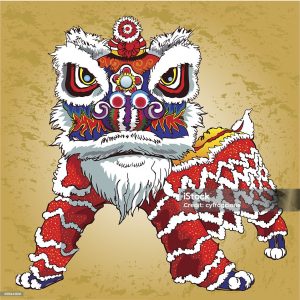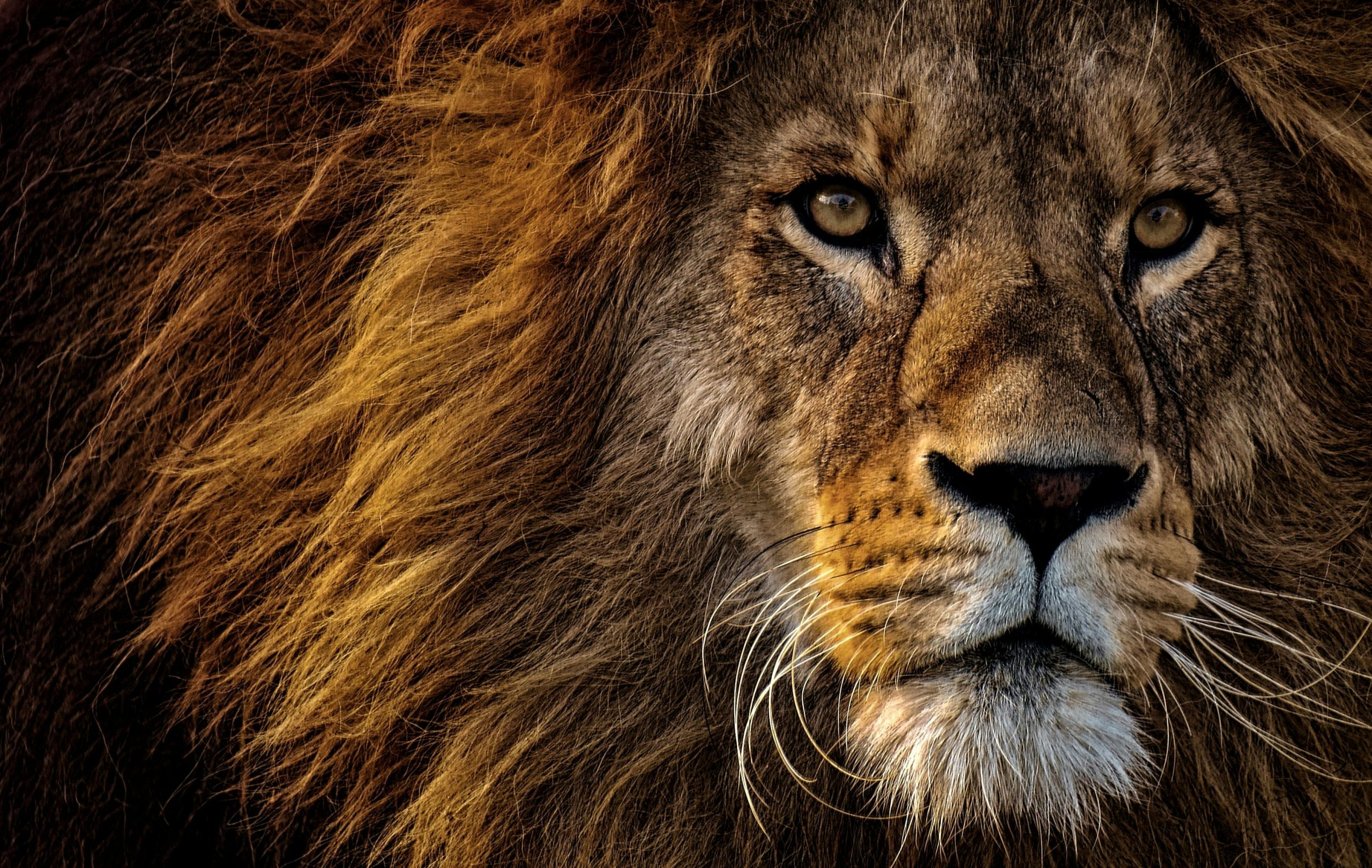Introduction to lions Pt1: History and cultural significance
The word lion has a long etymological history. This word originates from old French “lion”, which has the meaning of “hero”, and it further originates from Latin “leonem”, which means lion and the constellation of Leo. If we want to further discover the origin of this Latin word, we can find out that it actually comes from the Greek word “leon”. [1]
Lions have great cultural significance across the world.
- In Africa:
Lions, known as the king of the beasts, represent royalty and leadership in South Africa. Some local tribes have rituals of hunting lions for their manes as decorations for their leaders. [2]
Lions’ ferocious nature and their social behaviors lead to more symbolism of them in African culture. Like bravery and courage, wisdom, strength, and unity.
- In Europe:
In the bible, Jesus is referred to as “ Lion of Judah”, showing the lion’s symbolism of power, royalty, and leadership. This refers to the great importance of lion in Christianity and the related literature and artworks.
Lions also frequently appear on the currencies of different nations. For instance, the coins from the Roman Empire and ancient Babylon. This shows the great significance of lions to those ancient kingdoms, as they regarded lions as the representation of the country.
Last but not least, lions, again, symbolize power, courage, and royalty. The national symbol for the United Kingdom is a lion, which appears on numerous buildings, like the statue in Trafalgar Square, and flags, like the Royal Arms of England. The most famous thing about lions in the UK is probably Richard the Lionheart, who got his name for his courage and ferocity on the battlefield.

Fig.1: the Royal Arm of England
- In Asia:
Lion symbolizes strength and good luck in China. Every Chinese New Year, cities and towns will have special lion dance performances for celebration. Lion dance is a kind of Chinese traditional culture and art. People wear specially made clothes and imitate the moves of a real lion, and sometimes complete some difficult stunts. Chinese people believe watching lion dances can boost good luck.

Reference:
[1] etymonline. (2025). etymonline. [online] Available at:
https://www.etymonline.com/word/lion [Accessed 7 Jul. 2025].
[2] Suco-sa.org.za. (2024). The Cultural Significance of Lions in South Africa – SUCo-SA. [online]
available at: https://suco-sa.org.za/the-cultural-significance-of-lions-in-south-africa/.

[Thumbsup] [Thumbsup] [Thumbsup][Smile] [Smile] [Smile]
GREAT🦁👍